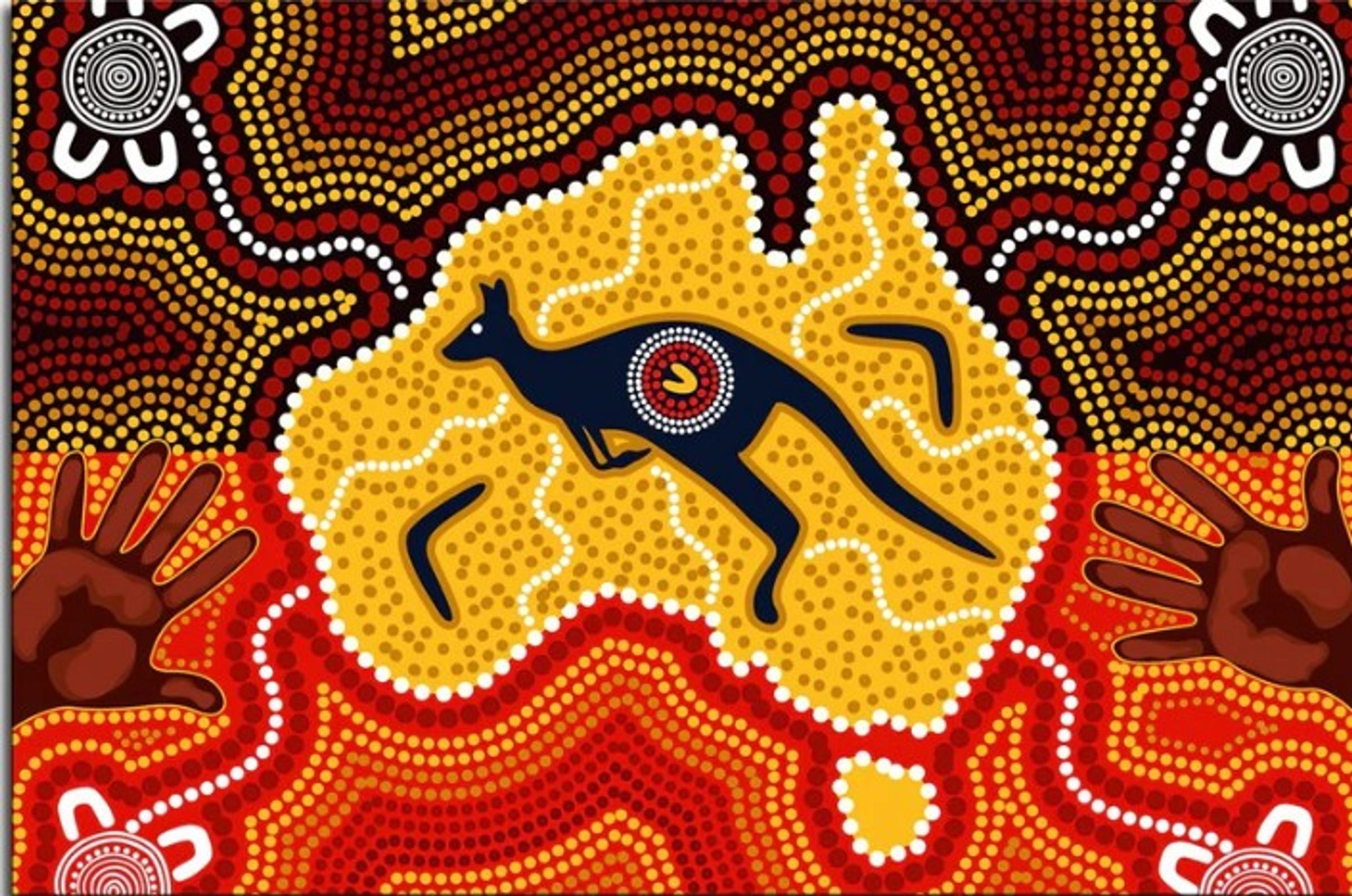Koorie Club News

Indigenous News & Updates 25/06
**WARNING: THIS NEWSLETTER CONTAINS SENSITIVE INFORMATION AND NAMES OF ABORIGINAL PEOPLE WHO HAVE DIED**
Nation Wide News:
Gunditjmara, Eastern Maar, and Wotjobaluk Nations are celebrating a major victory after the Federal Court recognised native title rights over parts of Western Victoria. This is one of the largest native title determinations in the state’s history. The determination confirms the connection of Traditional Owners to their Country, recognising rights to camp, hunt, fish, gather, and conduct ceremonies on their lands. It also acknowledges the deep cultural and spiritual connections that have existed for tens of thousands of years.
Eastern Maar Elder Uncle Johnny Lovett said, "It’s a recognition of what we’ve always known. This is our land, our stories, and our history."
The court’s decision was marked with a smoking ceremony and dancing on Country, with hundreds of community members attending to witness the historic moment.
Following the example of Victoria’s Yoorrook Justice Commission, more states are beginning to explore formal truth-telling processes. In Queensland, Indigenous leaders are calling for an official commission to investigate the impacts of colonisation, stolen land, and systemic discrimination. Similar conversations are also happening in South Australia and Tasmania.
Yorta Yorta woman Professor Eleanor Bourke, Chair of the Yoorrook Commission, said truth-telling is essential for healing. "You cannot have justice without truth," she said. "The history of this country is written on the lands and in the experiences of First Peoples. Australians need to hear it."
Communities say these processes are about more than history. They are about addressing the ongoing disadvantages that stem from past injustices and building a fairer future for everyone.
A new report from the Lowitja Institute has revealed that First Nations people are still dying up to ten years earlier than non-Indigenous Australians. The report highlights key factors contributing to the gap, including racism in healthcare, lack of culturally safe services, poor access to housing, and higher rates of chronic illness.
CEO Adjunct Professor Janine Mohamed says that while there have been positive steps, governments must take stronger action. "We need to listen to community-controlled organisations, invest in prevention, and address the root causes of ill health, like poverty and racism." The report also celebrates the success of Aboriginal-led health programs that are improving outcomes in areas like mental health, maternal care, and youth wellbeing.
A stunning new bush tucker garden has opened at Whittlesea Community House, created in collaboration with Wurundjeri Elders and local community groups. The garden features native plants like lemon myrtle, warrigal greens, saltbush, and bush tomatoes. Visitors can learn how these plants have been used for thousands of years for food, medicine, and cultural practices. Aunty Joy Wandin said, "This garden is a place of learning, healing, and connection. It teaches respect for the land and our ways." Workshops on bush foods, weaving, and cultural storytelling are running throughout the year, open to all community members.
Sports News:
Fifteen-year-old Wiradjuri athlete Mia Johnson is turning heads after being named Player of the Tournament at the NAIDOC Netball Carnival in Sydney. Mia’s performance was described as "lightning-fast and fearless" by her coach, who says the young star has a bright future in elite netball. Mia says her inspiration comes from her grandmother, a former community netball coach who taught her the importance of representing her culture with pride. "It’s about more than sport. It’s about showing the strength of our mob and what we can achieve," Mia said.
The NRL is preparing for a First Nations Showcase match during NAIDOC Week, featuring two teams made up entirely of Indigenous and Torres Strait Islander players. The game will be played at Townsville’s Queensland Country Bank Stadium and will celebrate First Nations culture with dances, language, and traditional music. Players will wear jerseys designed by local artists representing their own Country and Dreaming stories. NRL Indigenous Advisory Council member Dean Widders says the showcase is about more than just footy. "It is about pride, identity, and showing our young people that they belong on the big stage too."
Didge ya know?
The Wave Hill Walk-Off in 1966 was a pivotal moment in the fight for Indigenous land rights. Led by Vincent Lingiari, Gurindji workers walked off the Wave Hill cattle station in the Northern Territory after years of poor wages and discrimination.
The strike lasted eight years and led to the return of some of their traditional lands. This action helped inspire the Aboriginal Land Rights Act of 1976. The moment was famously recognised when Prime Minister Gough Whitlam poured sand into Lingiari’s hand, symbolising the return of land to the Gurindji people.
Rachel Aden (Koorie Group Leader) – ADE0010@sthelena.vic.edu.au
For any other support needed for Aboriginal and Torres Strait Islander peoples please visit: https://headspace.org.au/yarn-safe/
More stories & information: